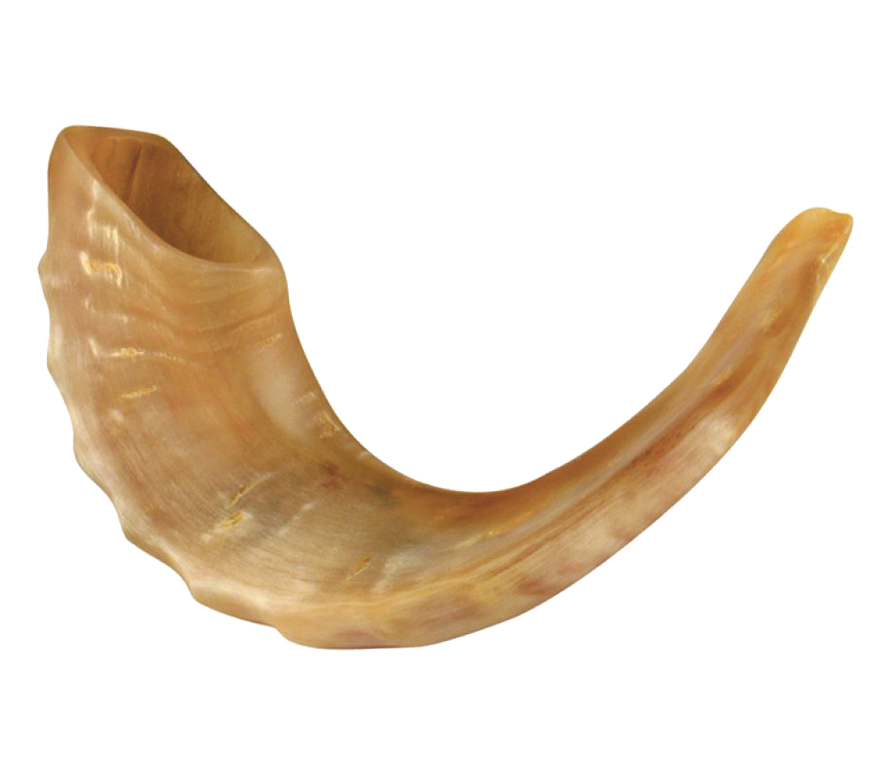Awe & love: the dual nature of the season

By Rabbi Leibel Agar, Beth Jacob Congregation
To me, the Yamim Noraim (Days of Awe) have always been a time of both introspection and celebration.
The dual nature of the season seems to stir something inside us. It redirects our thinking, causing us to look inside our own souls with solemnity.
At the same time, it brings feelings of joy and gladness, a yearning to celebrate with our friends and family. It can even generate a somewhat impish sense of humor.
On the one hand, the Yamim Noraim are a time of seriousness. It is the Day of Judgement and the Day of Atonement. The plaintive cry of the shofar tears at our hearts.
We stand before God and entreat Him to sign and seal us into the Book of Life, the Book of Health, and the Book of Prosperity. It is such a spiritual time, even people who do not normally attend services come to shul.
On the other hand, the holidays of Sukkot and Simchat Torah are all about fun. We march around the shul waving the lulav and etrog. We host sukkah parties for our friends and family.
On Simchat Torah, we throw candy at the Chatan Torah and the Chatan Bereshit (the Bridegroom of the end of the Torah and the Bridegroom of the beginning of the Torah), then we laugh as the children scramble to collect as much as they can hold.
How can one season bring about so many different (and somewhat opposite) emotions? It is this special duality which I would like to examine with you.
In order to truly understand the Yamim Noraim, we must pull back the fancy packaging and examine the essence.
At its core, this season represents the basic human condition. Our lives are often a struggle. We do our best to earn a livelihood, spend time with our children, and enjoy quality moments with our spouses.
Unfortunately, since there are only 24 hours in the day, we often downplay another relationship: our relationship with the Divine Presence.
At best, we connect with God when we pray, and on Shabbat and holidays. At worst, we barely connect with Him at all.
Then, before we know it, Rosh Hashanah and Yom Kippur roll around and we are confronted by our lack of spirituality. The Days of Awe have arrived.
 Suddenly, we become focused on our spiritual selves. Either because we want God’s blessing or because we fear God’s punishment (or more often, a combination of both), our level of observance increases.
Suddenly, we become focused on our spiritual selves. Either because we want God’s blessing or because we fear God’s punishment (or more often, a combination of both), our level of observance increases.
We begin doing mitzvot in earnest, focusing on prayer, charity, and repentance, for our sages of blessed memory tell us that those three things “avert the severity of the decree.”
Our connection to spirituality deepens and by the time Yom Kippur begins, we can feel the presence of God inside of us.
The bad news is that when we connect with God through yirah (awe) — or because we want the Divine Blessing for the coming year — the feeling of God’s presence does not remain long. It generally lasts until the end of Yom Kippur when, all the Books having been sealed, we zoom through Ma’ariv (the evening service) in a fraction of the time it normally takes and rush home to eat.
However, there is also good news. Immediately on the heels of the yirah connection, we are able to connect to God through ahavah (love): the holiday of Sukkot is here.
There is no worrisome Day of Judgement hanging over our heads, just a holiday with fun, family, and friends.
Our children bring home (or make) all sorts of decorations for the Sukkah. We visit with friends and family.
Instead of the somber melodies of Avinu Malkeinu (Our Father Our King) and Unetaneh Tokef (Let us proclaim the mighty holiness), the walls of the shul echo with the joyous sounds of Hallel (Psalms).
Then, just when we thought things could not get any better, we have Simchat Torah: the dancing, singing, candy-throwing holiday that is fun for parents and children alike.
It is this spiritual connection, the connection made through love and friendship, that stays within our souls throughout the year.
Clearly, while connecting to the Divine Presence through yirah is good, connecting to the Divine Presence through ahavah is, in the words of my 4-year-old niece Emily, “much more better.”
I would like to close with a blessing to us all. As we enter the Yamim Noraim of 5781, may the “Love Connection” reign supreme in our hearts, and may we draw closer to God through love, joy, and togetherness.
Wishing you all the most joyous of High Holy Day seasons and a ketivah v’chatima tovah, a good inscription and sealing in the Book of Life!
To read the complete September 2020 Dayton Jewish Observer, click here.


